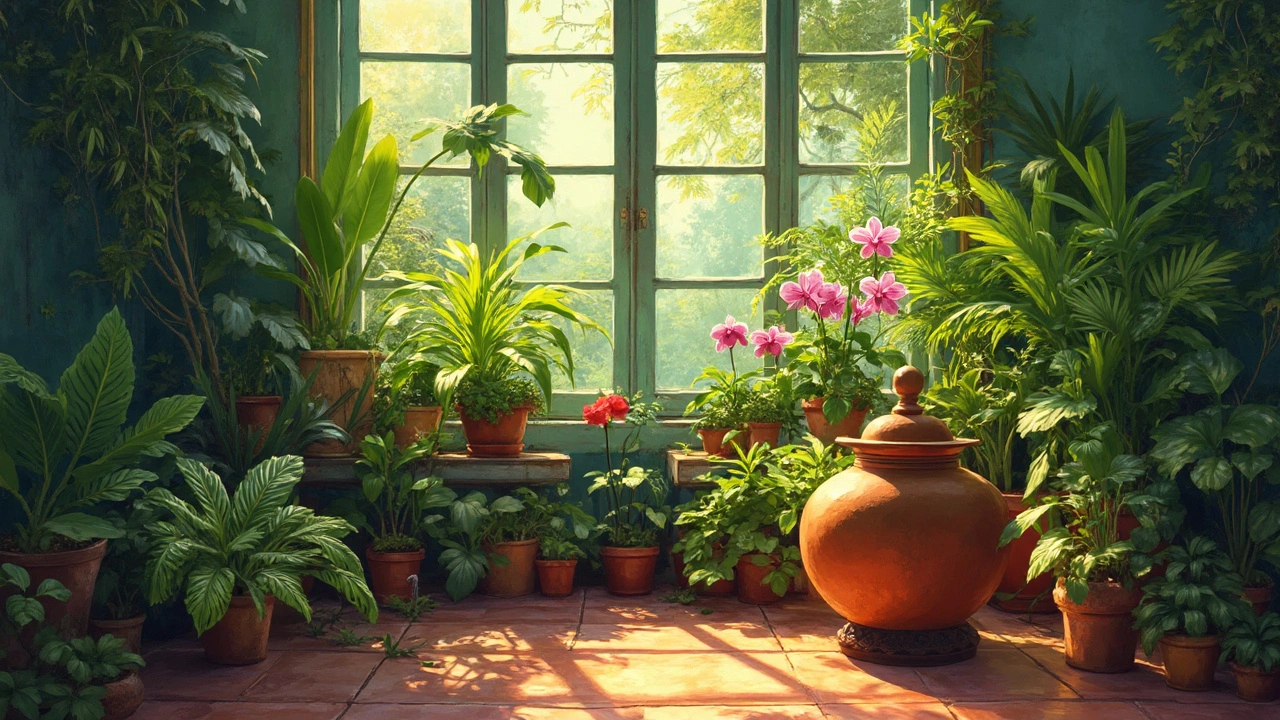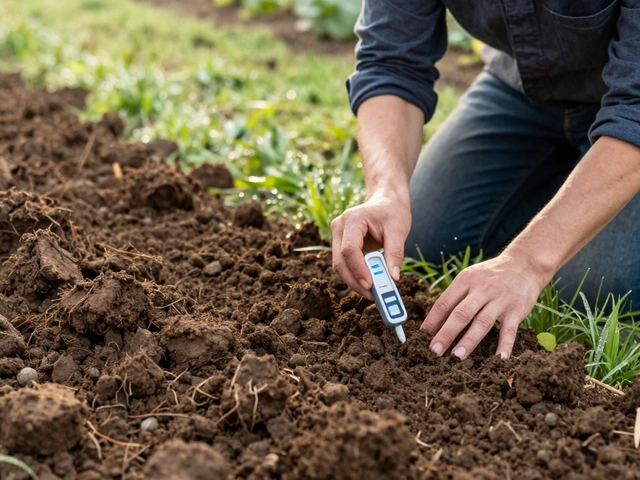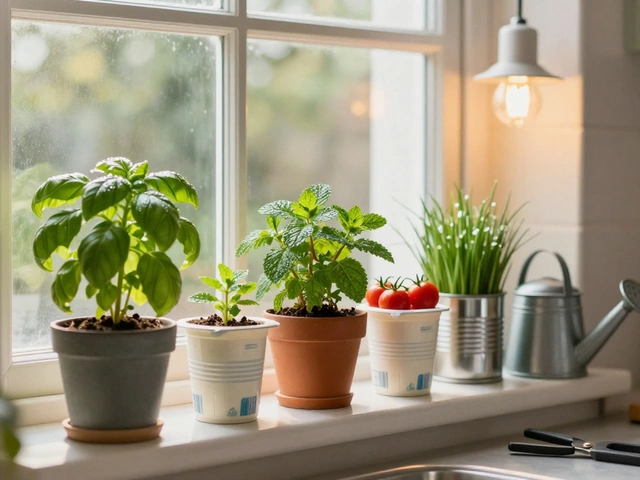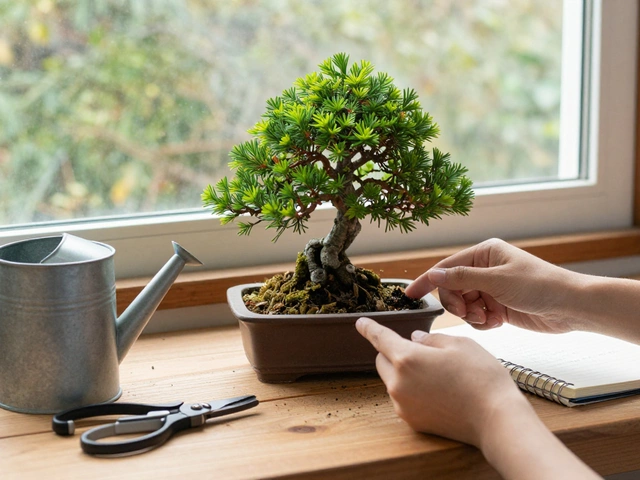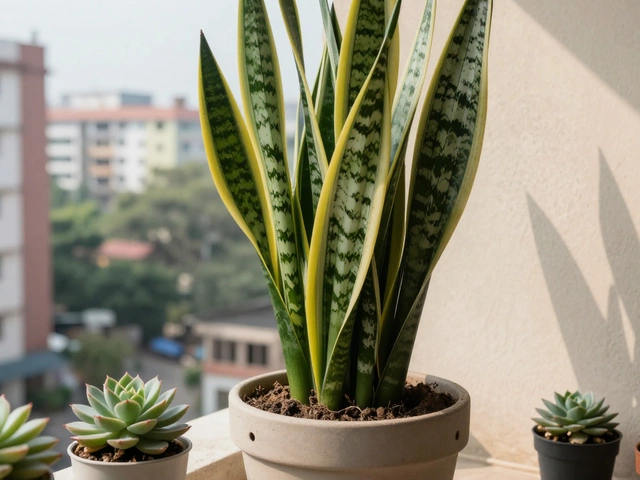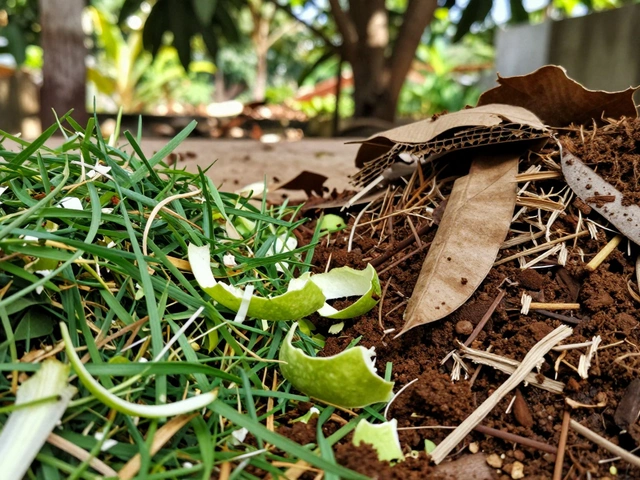Distilled Water for Gardening: What It Really Does and When to Use It
When you think of distilled water, water that’s been boiled and condensed to remove impurities, often used in labs and appliances. Also known as purified water, it’s clean—but that doesn’t mean it’s best for your plants. Most gardeners assume pure water equals healthy plants. But distilled water strips out everything—even the minerals plants need in small doses. It’s not magic. It’s just empty H₂O.
Plants don’t need ultra-pure water. They thrive on the natural balance found in rainwater, tap water (in most areas), or even well water. These sources carry tiny amounts of calcium, magnesium, and trace elements that help with nutrient uptake. soil health, the condition of garden soil that supports root growth, microbial life, and nutrient availability depends on this balance. Pouring distilled water on your plants over time can slowly starve them of these building blocks. It’s like feeding someone only plain rice for months and wondering why they’re weak.
There are exceptions. If your tap water is heavily chlorinated, full of salts, or has high levels of heavy metals—like in some urban or industrial areas—distilled water can be a short-term fix. It’s also useful for sensitive plants like carnivorous species (pitcher plants, sundews) that evolved in nutrient-poor bogs. But for tomatoes, basil, or even your bonsai? It’s overkill. water quality, the chemical and physical characteristics of water that affect plant growth and soil conditions matters more than purity. A little mineral content helps. Too much? That’s when you need to filter, not distill.
And here’s the real issue: distilled water is expensive and wasteful to make at home. You’re using energy to boil water just to get back something basic. Why not collect rainwater instead? Or let tap water sit out overnight to let chlorine evaporate? Both are cheaper, greener, and actually better for your garden. plant hydration, the process of providing water to plants in a way that supports growth without causing root rot or nutrient imbalance isn’t about perfection—it’s about consistency and matching the water to the plant’s needs.
Looking at the posts here, you’ll see plenty of advice on watering schedules, drip systems, and fixing soil problems. None of them say ‘use distilled water.’ Why? Because the real problems aren’t impurities—they’re overwatering, poor drainage, or compacted soil. Fix those first. Distilled water won’t save your bonsai if the roots are drowning. It won’t help your terrace garden if the pots have no holes. It won’t fix a dying Vanda orchid if the air is too dry.
So what should you use? Tap water, if it’s not awful. Rainwater, if you can collect it. Or even filtered water that keeps the good stuff and removes the bad. Distilled water? Save it for your coffee maker. Your plants will thank you.
Wondering if distilled water is better for your indoor plants? Discover how water quality affects your greenery and whether ditching tap water for the distilled variety makes a difference. We explore the benefits and potential drawbacks, including how distilled water can impact nutrient absorption and overall plant health. Find out which types of plants might thrive with distilled water and what alternatives you might consider. This guide provides practical tips for watering your indoor oasis.
Continue reading...
